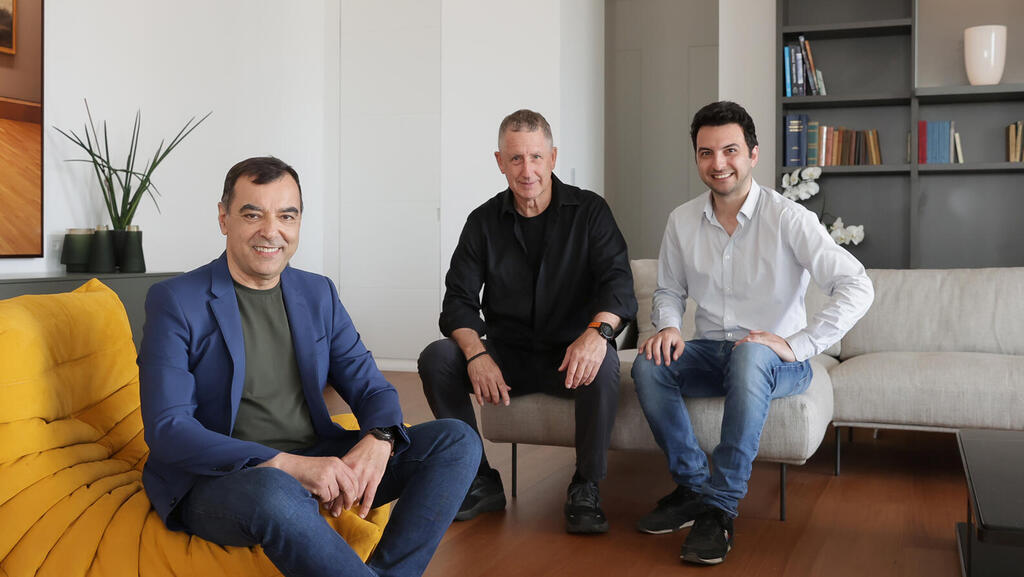
AI21 Labs raising $300 million Series D to build reliable AI for enterprise
Backed by Google and Nvidia, the Tel Aviv company aims to challenge frontier AI firms with a new system for enterprise reliability.
As artificial intelligence saturates the tech industry with promises of transformation, one Israeli startup is raising hundreds of millions to tackle a more elusive goal: making generative AI work reliably at scale.
Full list of Israeli high-tech funding rounds in 2025
AI21 Labs, based in Tel Aviv and known for developing its own large language models (LLMs), is raising a $300 million Series D funding round. The round, which includes backing from Google and Nvidia, would bring the company’s total capital raised to $636 million. Business Insider first reported the news.
The company last raised $208 million in late 2023 at a $1.4 billion valuation, with participation from Intel Capital and Comcast Ventures. While other AI firms have focused on bigger models and benchmark contests, AI21 is betting that the next phase of the industry will be defined not by size, but by reliability—especially for business-critical applications.
Founded in 2017 by Amnon Shashua, Yoav Shoham, and Ori Goshen, AI21 was an early entrant in the generative AI space. Shashua, best known as the co-founder of autonomous driving company Mobileye, has long emphasized the need to build “trustworthy AI” rather than chasing viral chatbot moments. AI21’s models and tools are already used by enterprise clients including Capgemini and Wix, the Israeli web development firm, which says it powers hundreds of AI applications through AI21’s systems.
Related articles:
In March, the company introduced a new orchestration platform called Maestro, designed to address a growing frustration among enterprise users: even the most advanced LLMs can produce results that are inconsistent, difficult to control, and prone to failure in real-world use.
Unveiled at the HumanX 2025 conference, Maestro is billed as the first AI “planning and orchestration system” capable of delivering what the company calls “trustworthy AI at scale.” The system boosts instruction-following accuracy of major models like GPT-4o and Claude Sonnet 3.5 by up to 50%, and enables simpler models to perform at the level of more sophisticated reasoning engines. According to the company, Maestro helps bridge the gap between non-reasoning and reasoning models—two distinct technical approaches in AI that differ in their ability to solve complex, multi-step tasks.
